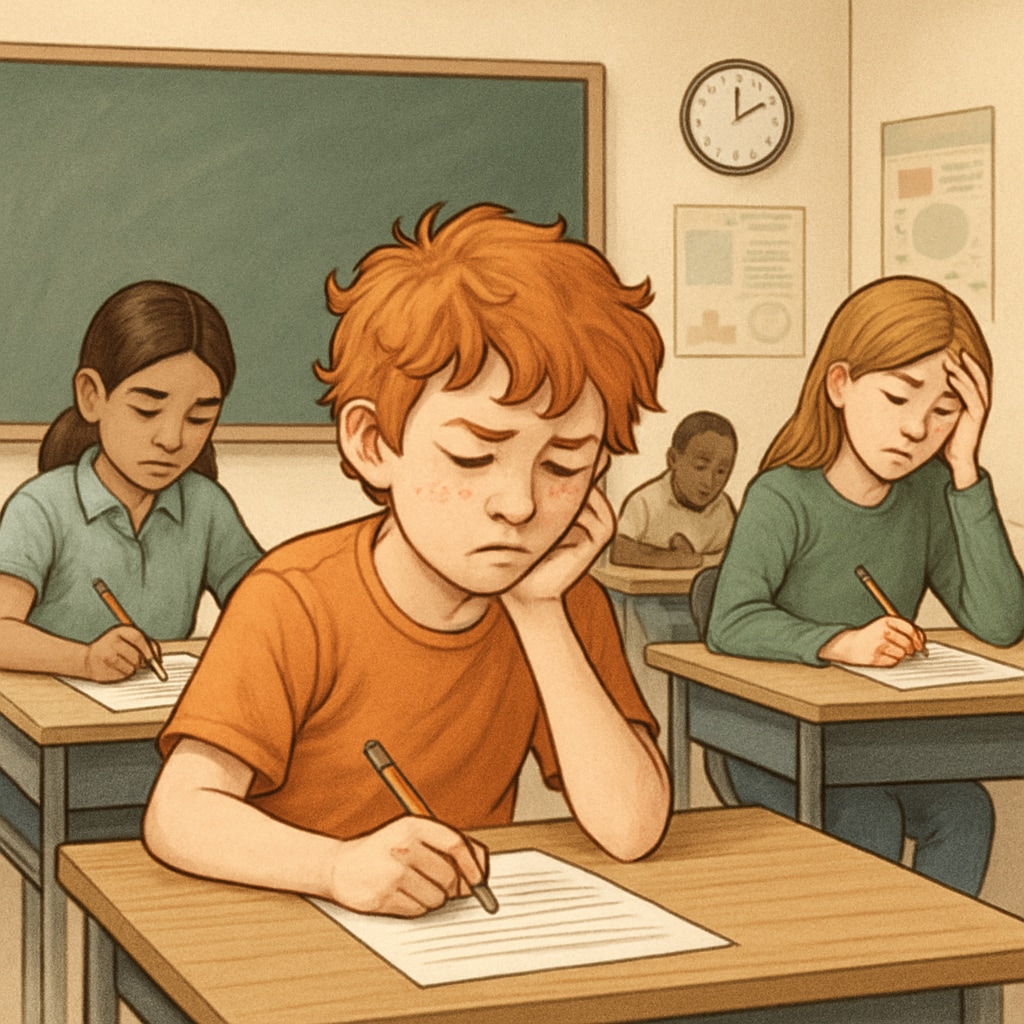Gifted programs, ADHD, and standardized exams have become intertwined in modern education systems. While these programs aim to nurture exceptional talent, their reliance on rigid selection criteria often excludes brilliant students with unconventional learning styles, especially those with ADHD (Attention-Deficit/Hyperactivity Disorder). This systemic issue not only limits the opportunities available to these students but also deprives society of their immense potential.
Rigid Criteria Create Barriers for ADHD Students
Gifted programs typically use standardized tests and short-term academic performance as primary selection tools. Although these methods may identify high-achievers in conventional learning environments, they fail to account for students who exhibit non-linear thinking, creativity, and problem-solving skills—qualities often associated with ADHD. For example, ADHD students might excel in areas requiring divergent thinking but struggle with repetitive tasks or sustained focus during exams. As a result, their unique capabilities go unnoticed.

Research has shown that ADHD students frequently possess strengths like hyperfocus on topics of interest, innovative problem-solving, and resilience. However, these attributes cannot always be measured through traditional assessments. According to a Wikipedia article on standardized testing, such exams prioritize uniformity and predictability over recognizing diverse intellectual profiles, leaving many ADHD students excluded from gifted opportunities.
Unintended Consequences of Standardized Testing
Standardized testing, while designed for efficiency and comparability, inadvertently disadvantages students with ADHD. Their performance can be impacted by factors such as test anxiety, time constraints, or difficulty focusing on lengthy instructions. This mismatch between their abilities and the testing format leads to underrepresentation in gifted programs. In addition, educators often mistake ADHD-related behaviors—such as impulsivity or physical restlessness—for a lack of aptitude, further reinforcing the exclusion cycle.

The implications of these exclusions are profound. ADHD students often bring fresh perspectives to problem-solving, challenging norms and fostering innovation. Yet, exclusion from gifted programs can impact their self-esteem and limit their future academic and career opportunities. According to Britannica’s explanation of ADHD, recognizing and accommodating these students’ unique learning styles is crucial for their overall development and success.
How Can Gifted Programs Become More Inclusive?
To address these challenges, educational systems must rethink their approach to identifying gifted students. Here are some strategies:
- Holistic Evaluation: Incorporate teacher observations, creative projects, and long-term performance assessments alongside standardized tests to capture a fuller picture of a student’s abilities.
- Flexibility in Testing: Offer accommodations for ADHD students during exams, such as extended time, breaks, or alternate testing formats.
- Training Educators: Provide teachers with resources to understand ADHD traits and recognize brilliance beyond traditional metrics.
- Focus on Strengths: Develop programs tailored to nurture the unique talents ADHD students often display, such as creativity and innovation.
By adopting these strategies, schools can create a more inclusive environment that acknowledges the diverse ways intelligence and potential manifest, ensuring that no student’s brilliance is overlooked.
Conclusion: Unlocking Hidden Potential
Gifted programs, ADHD, and standardized exams should not exist in opposition but rather in collaboration to identify and support students who challenge conventional norms. The current selection mechanisms must evolve to recognize the untapped potential of ADHD students, whose contributions could reshape the educational landscape and beyond. Inclusion is not just a moral imperative—it is an investment in the future of innovation and creativity.
As educators and policymakers reimagine gifted education frameworks, the focus should shift from mere academic performance to nurturing diverse intellectual profiles. Only then can we ensure that the brilliance of ADHD students is celebrated rather than overlooked.


